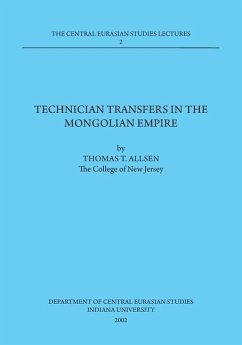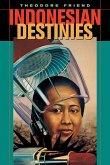ABSTRACT Illegal economies and borderlands are intrinsically connected: geographical remoteness, weak state control, and dynamic social texture provide the kind of "grey" zone wherein a shadow economy may thrive. The present article aims to explore one of such middle grounds by focusing on the evolution of market-based crimes in Kalimpong between the mid-1930s and the early 1960s: the timeframe, deliberately limited to the years preceding WWII up to the Sino-Indian war of 1962, embraces the most active period in the history of the Himalayan trade hub. From remote hill station to main centre of the land route connecting Lhasa to Calcutta, Kalimpong was a hotbed of illicit activities ¿ a vital node in several criminal distribution networks as well as a site of local production and consumption of illegal commodities. Availing myself of contemporary sources, such as local newspapers and official and legal documents drafted at government and district levels, I will decode the national and supranational conditions that triggered the emergence first, and the decline later, of Kalimpong as a trans-Himalayan "contact zone" and explore how these affected the lives of those Tibetans who operated across the line ¿ of both state and legality.








